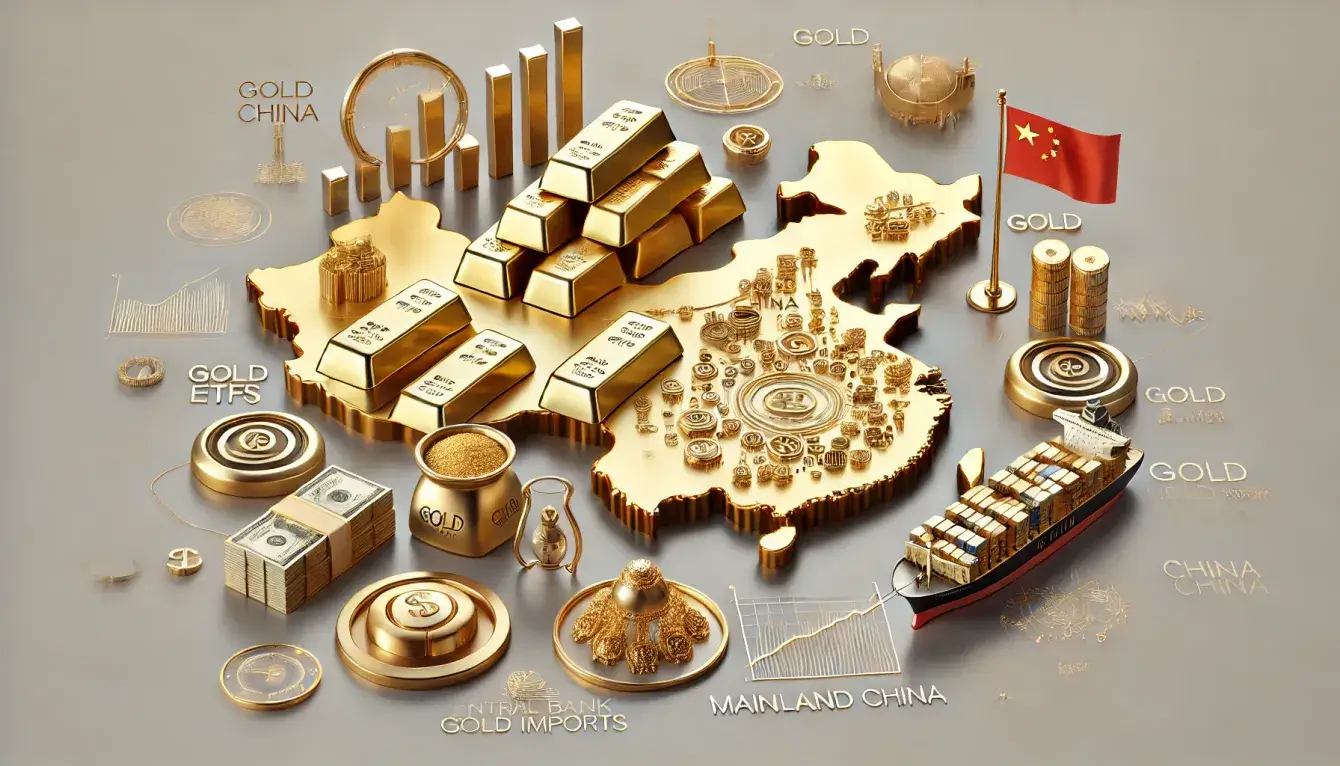- You have no items in your shopping cart
- Subtotal: £0.00

The Shanghai Futures Exchange (SHFE) will open up China’s domestic futures market to direct involvement by overseas investors and brokers, the exchange announced on Tuesday.
The SHFE published 34 different proposals covering a wide range of trading activities from gold and silver options trading and hedging to precious metals futures. The exchange said the goal was to “fully introduce overseas participants” and support the internationalization of the renminbi.
“This announcement is basically a constitutional change for the entire ShFE opening up,” BANDS Financial CEO Tiger Shi told Reuters. “Access for foreign investors to all the SHFE products is on a fast track from now on.”
The proposed changes include allowing foreign brokers and other traders directly onto the exchange rather than operating through an onshore intermediary, as is the case today. Participants would also be allowed to post margins in U.S. dollars and other foreign currencies. The draft rule changes are available for public comment until June 4.
The SHFE proposals are the latest step in China’s strategy to make the country’s influence over the trade and pricing of commodities like gold and silver match their dominant role in the production and consumption of the physical commodities.
On April 21, the People’s Bank of China (PBoC) and three other government departments announced that they would invest in the internationalization of the Shanghai Gold Exchange – including warehouses for overseas delivery – setting the SGE up to compete with the London Metal Exchange (LME) for control over global pricing.
“The People’s Bank of China and three other departments jointly issued the ‘Action Plan for Further Enhancing Cross-border Financial Service Facilitation in the Shanghai International Financial Center,’” Jinshi Data reported at the time. “It mentioned enhancing the function of key financial platforms in allocating global resources. The plan includes high-level preparations for an international financial asset trading platform, aiming to create a significant functional platform for allocating global financial resources and facilitating international investors’ deep participation in China’s financial markets.”
“It supports the Shanghai Gold Exchange and other institutions in conducting product authorization cooperation with overseas exchanges, expanding the application of RMB benchmark prices in international mainstream markets,” the report stated. “The plan also explores the internationalization of specific product deliveries at the Shanghai Gold Exchange and the establishment of overseas delivery warehouses.”
The PBoC announcement did not specify which products would be the focus of the new initiative, but the Shanghai Gold Exchange primarily trades precious metals such as gold, silver, and platinum.
While China is the world’s largest consumer of precious metals, most of the country’s trade continues to be benchmarked against international prices. But Beijing has been making moves to leverage its position in order to enhance the country’s pricing power and international influence in metals markets.
On October 14, Reuters reported that China is taking steps “to shape the pricing of the vast quantities of industrial metals it produces and consumes, with moves to attract foreign companies to trade on Shanghai’s futures exchange, which would eventually fragment global markets.”
If the initiative succeeds, Shanghai’s contracts would achieve benchmark status “and upend the system for reference prices of industrial metals in place since 1877,” when the LME was established.
Shanghai Futures Exchange benchmarks “would eliminate the need for Chinese firms to link their physical contracts to LME prices and create a need for foreigners to trade on ShFE to influence reference prices in their contracts, shifting market sway from the west to China,” the report noted.
Wang Fenghai, general manager at ShFE, told Chinese state media in June that the country must internationalize its markets if it wants to wield international influence on metals prices. “Only through opening up can we draw in foreign investors, participate in the process of ShFE’s price establishment, therefore enhance price influence,” he said.
Wang added that cross-border delivery capability was a key area of focus for ShFE, and the exchange was working to establish warehouses outside China to store metal for its contracts.
Credit to Kitco




